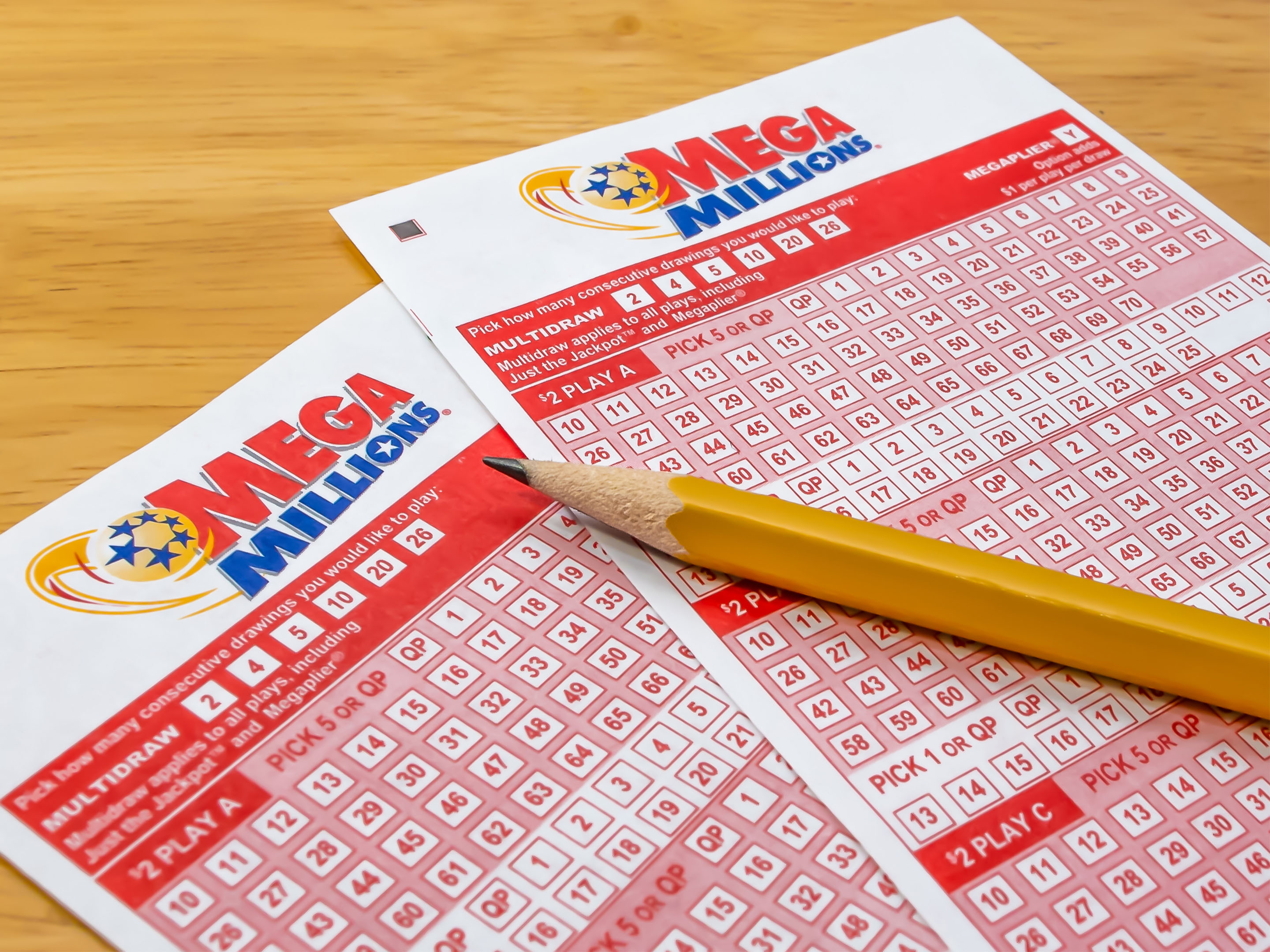
A lottery is a contest where players buy tickets and have a chance of winning big money. It can be a state-run contest promising huge cash prizes, or it can be any contest where the winners are chosen at random.
The lottery has been around for centuries and is still a popular way to raise money for good causes. It is also a form of gambling that can be fun to play.
It is possible to win keluaran sgp a lot of money by playing the lottery, but it is not always easy to do. It is important to understand the odds of winning. It is possible to improve your chances of winning by buying more tickets or by choosing numbers that are not very close together. You can also try to make the jackpot larger by joining a group of people who play.
There are several types of lottery games, but the most common are lottery scratch-offs. These are similar to instant-win games but have smaller prize amounts and higher odds of winning.
Another type of lottery is a pull-tab ticket, which is similar to a scratch-off. These tickets have numbers that are hidden behind a perforated paper tab that must be broken to reveal them. You win by matching the number on the back of the ticket to one of the winning combinations on the front. These tickets are inexpensive and are often played as a quick way to pick up a few extra dollars.
The odds of winning a large sum are usually less than 1 in 2,000,000. You can increase your odds of winning by choosing fewer numbers, but it is difficult to beat the odds of getting one of the big jackpots.
Some lotteries offer a lump sum payment, while others give the winner the choice of an annuity. The annuity option is more expensive than the lump sum, but it allows the winner to spread the payment out over time, reducing taxes on the income.
There is a great deal of controversy over lotteries, however. Some critics claim that they promote addictive gambling behavior, are a major regressive tax on lower-income groups, and lead to other abuses. Other critics argue that they are a waste of time and money, that the revenue from the lottery can be better spent on public services, and that the profits from the lottery should be donated to good causes.
It is not known how much revenue lotteries generate or how many people participate in them, but there are several factors that can impact the size of the pool of money available for prizes. First, the pool must be large enough to cover all the potential winners and to keep people playing. In addition, the amount of money available must be sufficient to cover the costs of a lottery (e.g., advertising and prizes).
Second, the pool must be large enough to avoid rollovers. This means that some of the money must be set aside for future draws. This is done to prevent the jackpot from becoming so large that it would be unprofitable to sell the remaining tickets.